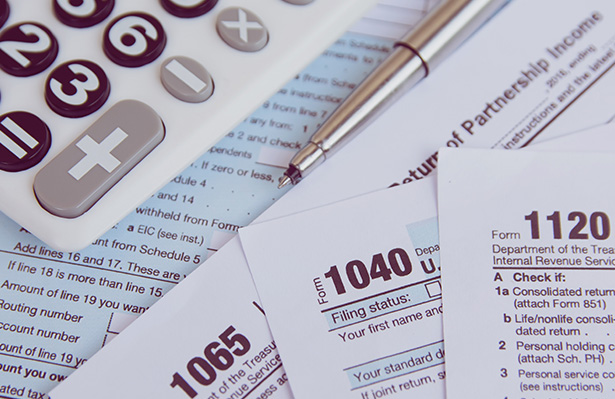If you’re accused of tax fraud, tax evasion, or any other criminal tax issue, you have a lot on the line. Fortunately, you are in the right place. Contact our skilled team of Dallas County tax crime lawyers to effectively fight for your future and freedom.
Tax Crime Lawyers: Representing Clients in Dallas County, Iowa
Unfortunately, even a seemingly simple mistake can result in a person facing high fines, incarceration, and a wide range of other penalties. That said, if you’re facing criminal charges for any sort of tax crime, a strong team of Dallas County criminal defense lawyers can work to protect your rights.
Types of Tax Crimes in Iowa
State and federal law recognize a wide range of tax crimes. Some of the most common are as follows:
- Tax Evasion: Deliberately avoiding paying taxes owed by underreporting income, inflating deductions, or hiding money in offshore accounts.
- Tax Fraud: Willfully providing false information on tax returns or other tax documents to reduce tax liability or obtain refunds or credits unlawfully.
- Failure to File a Tax Return: Neglecting to submit a required tax return to the appropriate authorities by the due date, whether intentionally or through oversight.
- Failure to Pay Taxes: Not paying the taxes owed to the state or federal government, either by underpayment or by failing to make any payment at all.
Penalties for Tax Crimes in Iowa
Just some of the penalties you may face for various tax crimes in Iowa are as follows:
- Tax Evasion: Tax evasion is treated as a serious offense in Iowa. Individuals convicted of tax evasion may face fines up to $100,000, while corporations can be fined up to $500,000. Additionally, offenders can be sentenced to up to 5 years in federal prison. Beyond fines and imprisonment, individuals must also pay the full amount of taxes owed, along with interest and civil penalties, which can add an additional 75% of the unpaid taxes.
- Tax Fraud: Penalties for tax fraud include fines reaching up to $250,000 for individuals and $500,000 for corporations. Imprisonment terms can extend up to 3 years. Those found guilty of tax fraud are also required to pay the owed taxes, with interest and penalties, which often result in an additional 75% penalty on the underreported amount.
- Failure to File a Tax Return: Failing to file a tax return can result in fines up to $25,000 per year of non-filing for individuals. Imprisonment can be up to 1 year for each year a return was not filed. Moreover, additional penalties may include up to 5% of the unpaid tax amount per month, not exceeding 25% of the total unpaid taxes.
- Failure to Pay Taxes: Individuals who fail to pay taxes can face fines of up to $10,000 per instance of non-payment and imprisonment for up to 1 year for each instance. Additionally, interest on the unpaid amount continues to accrue, and a failure-to-pay penalty of up to 0.5% of the unpaid taxes per month can be applied, capping at 25%.
Potential Defenses Against Tax Crime Accusations
If you’re accused of a tax crime, your lawyer can work to have your charges minimized or dropped by:
- Demonstrating that the alleged tax crime was not committed willfully or intentionally, but rather resulted from a genuine mistake or misunderstanding.
- Challenging the prosecution’s evidence, showing that it is not strong enough to prove guilt beyond a reasonable doubt.
- Arguing that the time limit for prosecuting the alleged tax crime has expired, making it legally impossible to bring charges.
- Proving that the defendant relied on incorrect advice from a tax professional, which led to the alleged criminal conduct.
- Showing that any mistakes were corrected voluntarily, such as by filing amended returns or making payments before an investigation began.
Contact Iowa Defenders, PLLC Today
Don’t face tax crime accusations on your own. Contact the knowledgeable and dedicated tax crime lawyers here at Iowa Defenders, PLLC today. We stand ready to fight for you and your rights, every step of the way.

